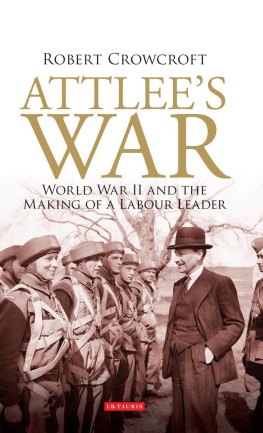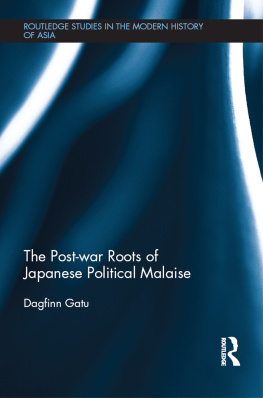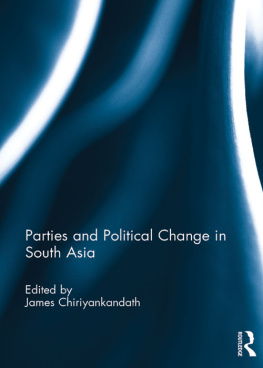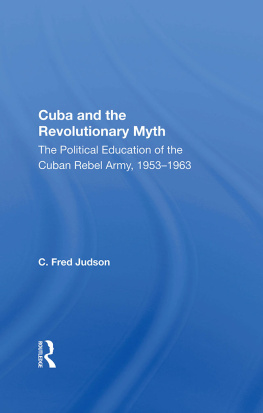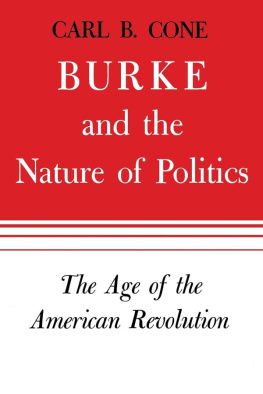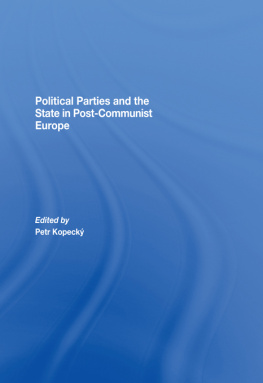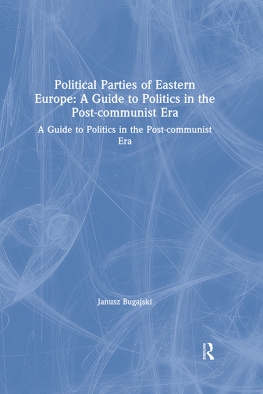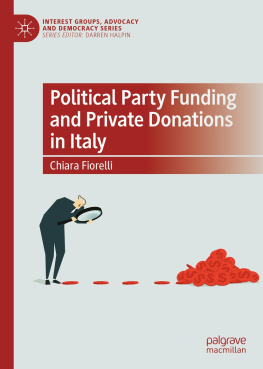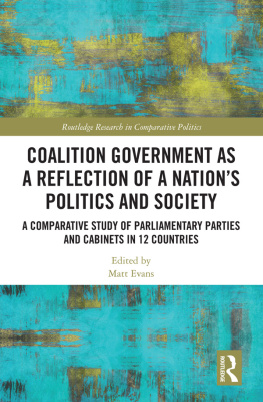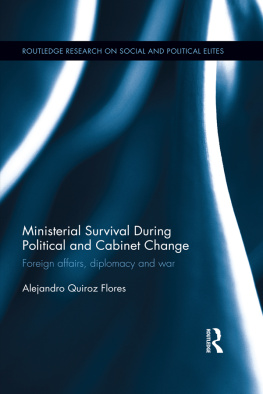Equinox Publishing (Asia) Pte Ltd
No 3. Shenton Way
#10-05 Shenton House
Singapore 068805
www.EquinoxPublishing.com
ISBN 978-602-8397-15-5
First Equinox Edition 2009
Copyright 1958 by by Cornell Southeast Asia Program Publications; renewed 2009. This Kindle edition is authorized by the original publisher, Cornell Southeast Asia Program Publications.
Reformatted/de-DRM-ed by Sayurjengkol (April 2011).
Preface
The Wilopo Cabinet was something of a watershed in post-revolutionary Indonesian politics. During its fourteen months of existence important changes developed in the constellation of political power among the major political parties, the President, and the army. And within one of the major parties there occurred a shift in the relative strength of leadership groups of such importance as to bring about significant changes in the party's political posture and in its relationship with several of the other parties. It was during this period that cabinet government was seriously undermined and parliament lost much of its prestige and power; and it was during these fourteen months that were set in train many of the developments which have dominated Indonesian political life in the last few years.
The key political events of this period are complex and confusing and have generally been but imperfectly understood outside of Indonesia. Yet failure to understand them can result in more than inability to understand the period itself. It will also make difficult any full and sound comprehension of the important developments of the past few years. Herbert Feith, in my judgment, has probed much further into the events of this period than any other non-Indonesian scholar. He has searched out a great deal of significant new data which he has analyzed with tools sharpened by long residence and research in Indonesia, interviews with many knowledgeable Indonesians and a full mastery of the Indonesian language. I believe he has presented as clear a picture of an important period of Indonesian history and of its shaping of subsequent events as is likely to emerge for some time.
Formerly at the University of Melbourne, Mr. Feith is currently Research Fellow in the Modern Indonesia Project at Cornell University.
George McT. Kahin
Director
Ithaca, New York
August 1, 1958
Foreword
Most of the material for this monograph was collected while I was employed by the Indonesian Ministry of Information between July 1951 and August 1953 and again between August 1954 and August 1956 I wish here to express my gratitude to the heads of the Ministry for the generous interest which they took in my studies and the opportunities they gave me to meet politically active persons both in Djakarta and in a number of other parts of Indonesia.
I am equally grateful to the Cornell Modern Indonesia Project which has supported me financially since my return from Indonesia to Australia in August 1956 The assistance of the Project made it possible for me to work and travel in Indonesia between May and August 1957 and subsequently to come to Ithaca. Finally I would like to record my thanks to all the many individual persons who have given of their time to help me come closer to an understanding of Indonesia's problems. I am, of course, myself solely responsible for all opinions expressed.
The point of departure for this study was an M.A. thesis on "Political Developments in Indonesia in the Period of the Wilopo Cabinet, 1952-1953" submitted to the University of Melbourne in July 1954. The present monograph discusses the same period on the basis of additional material collected in the course of subsequent research in Indonesia. It undertakes to look at the period more analytically and in the context of the eight and a half years of the post-revolutionary period. My aim has been to write a case study of the general political framework of the post-independence period and to show the Wilopo cabinet as a focal point in the country's political development in this period.
Although I have been particularly fortunate in the amount of material to which I was given access by the Ministry of Information and in the range of associations which my work there enabled me to obtain, also in the wealth of library material which is available to me thanks to being at Cornell, I have nevertheless found many types of information important to this study to be outside my reach. Partly for this reason, partly because so little study has been done of Indonesian politics, and partly also because of the nature of research on current political developments anywhere, I have found time and again that my evidence is incomplete or not wholly reliable. Where this was the case I have, for the sake of the completeness of the monograph, included my own conjectures with an Indication of the degree to which they may be relied upon.
Herbert Feith
Ithaca, New York
August 1, 1958
Background: Post-Revolutionary Indonesia
On December 27, 1949, the Republic of the United States of Indonesia was formed, on the basis of the results of the two-month Round Table Conference at the Hague. Considering its backgroundmore than four years of intermittent warfareit was a remarkable achievement of compromise, Men from both sides will continue to debate whether it was primarily-American pressure or primarily the military strength of the Indonesian Republic which finally convinced Holland that she had to accept a predominantly Republican Indonesia. However that may be, it was this realization on Holland's part, and the strength of the moderate leadership of the Indonesian Republic, which made the Round Table Conference Agreement possible. At this point there came an end to the similarity in political paths between Indonesia and Indo-China.
Indonesia was independentand yet not in the way she had wanted to be. The new state was in many ways predominantly Republican and yet its very structure reflected the Dutch policy of "divide and rule." The Republic of the United States of Indonesia included the old Republic of Indonesia in a definitely leading position, but also the 15 other states and territories, which had been established by the Dutch in the areas under their control between 1946 and 1949.
Of greatest concern both to the men of the revolutionary Republic of Indonesia and to the representatives of the Dutch-sponsored federal states were two other aspects of the Agreement. Firstly it placed a heavy national debt on the new federation's shoulders. The R.U.S.I. had to accept 4.3 billion guilders (nearly $1.13 billion) of the Netherlands Indies state debt, a large part of it the costs of the campaign to re-impose colonial rule. And, significantly for future Indonesian-Dutch relations, the status quo was to be maintained in Irian or West New Guinea, which had until then been regarded as part of the Netherlands Indies, "with the stipulation that within a year from the date of transfer of sovereignty to the Republic of the United States of Indonesia the question of the political status of New Guinea be determined through negotiations" between the two parties.
On December 20, 1949, Drs. Mohammad Hatta, who had been, and in a formal sense remained, Vice-President of the "Republic of Indonesia," was installed as Prime Minister of R.U.S.I., with a cabinet consisting of eleven leaders from the Republic of Indonesia and five from the federal states. This cabinet was most strongly supported by the two largest political parties, the Moslem party Masjumi and the Indonesian Nationalist party P.N.I., the two parties which had given fullest support to the last pre-R.U.S.I. cabinet of the Republic to secure ratification of the Round Table Conference Agreement. It contained members from these two and two smaller parties. None of the ministers however were candidates of their parties. For this was not a coalition cabinet, but a "national business cabinet," formed on the basis of a largely uncontroversial short-term program.
Next page

